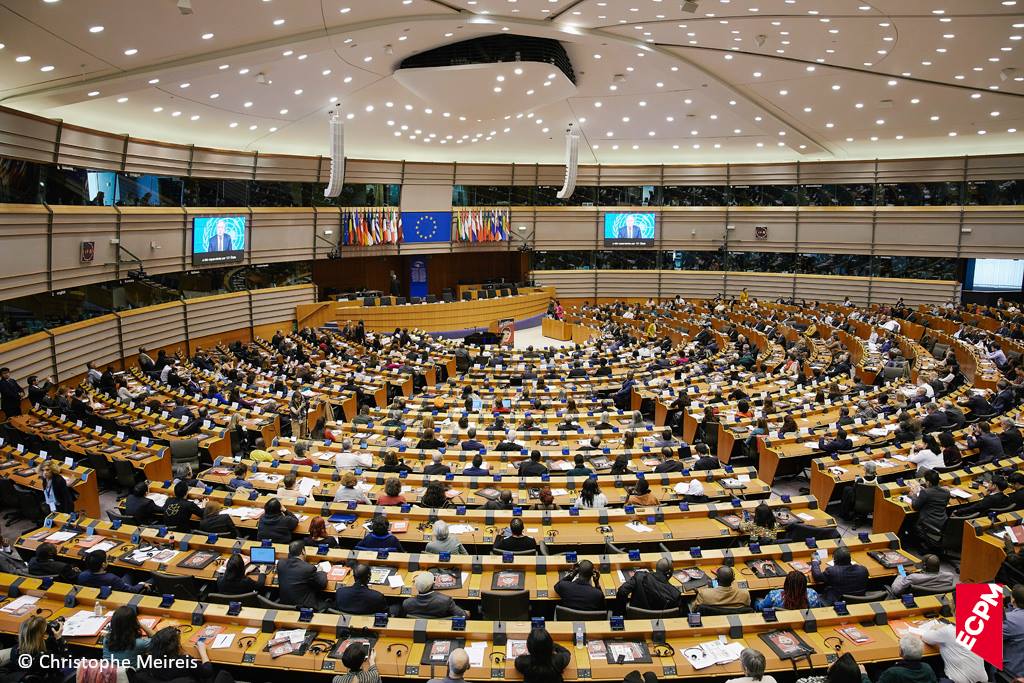
Humanitarian NGO Urges European Parliament to Halt Cuts in Humanitarian Aid
moatinoon
A major humanitarian NGO has criticized the newly elected members of the European Parliament for their plans to reduce official development assistance and humanitarian aid commitments, despite the fact that the majority of their European constituents support continuing aid to those facing severe crises.
The newly elected European Parliament is preparing to make decisions on the European Unions aid budget for 2025.
Edward Roder, Director of the Norwegian Refugee Council in Europe, said in a statement today, "National leaders and politicians are increasingly pushing for significant cuts in official development assistance and reducing humanitarian aid commitments, even though nine out of ten Europeans believe it is essential for the EU to fund humanitarian aid globally."
He added, "Cutting lifelines for millions of people will have a direct and disproportionate impact, and the consequences will be far more costly if these fragile situations escalate into deeper or prolonged crises."
Roder noted that in 2019, when the previous group of European Parliament members took office, 131 million people needed humanitarian aid. Today, that number has risen to 308 million due to conflicts, climate crises, and economic challenges. He urged the members of the European Parliament to remember the clear voice of their voters when deciding whether to cut or expand Europe’s aid budget this month.
"Reducing long-term development funding for places like Niger, Burkina Faso, Mali, and Myanmar at this time is not a wise way to save money. Providing assistance today is more effective than having to address escalating humanitarian needs tomorrow," Roder said.
Highlighting the publics support for aid, Roder noted that "more than nine out of ten Europeans believe it is essential for the EU to fund humanitarian aid globally. In some EU countries, nearly everyone agrees, with Portugal, Greece, Cyprus, Malta, Slovenia, and Ireland showing a 97 percent approval rate for European aid. Denmark, Latvia, Sweden, and Finland have seen increases of over 10 percent in the number of people who consider European aid very important since they were last asked in 2020."
Describing the policy of cutting aid budgets that millions depend on, and which are supported by Europeans, as "reckless policies," Roder said that European Parliament members have a rare opportunity to bridge this gap and represent their constituents by advocating for and approving an increased humanitarian and development aid budget. He emphasized that it is the EUs duty to demonstrate global solidarity through European aid.

